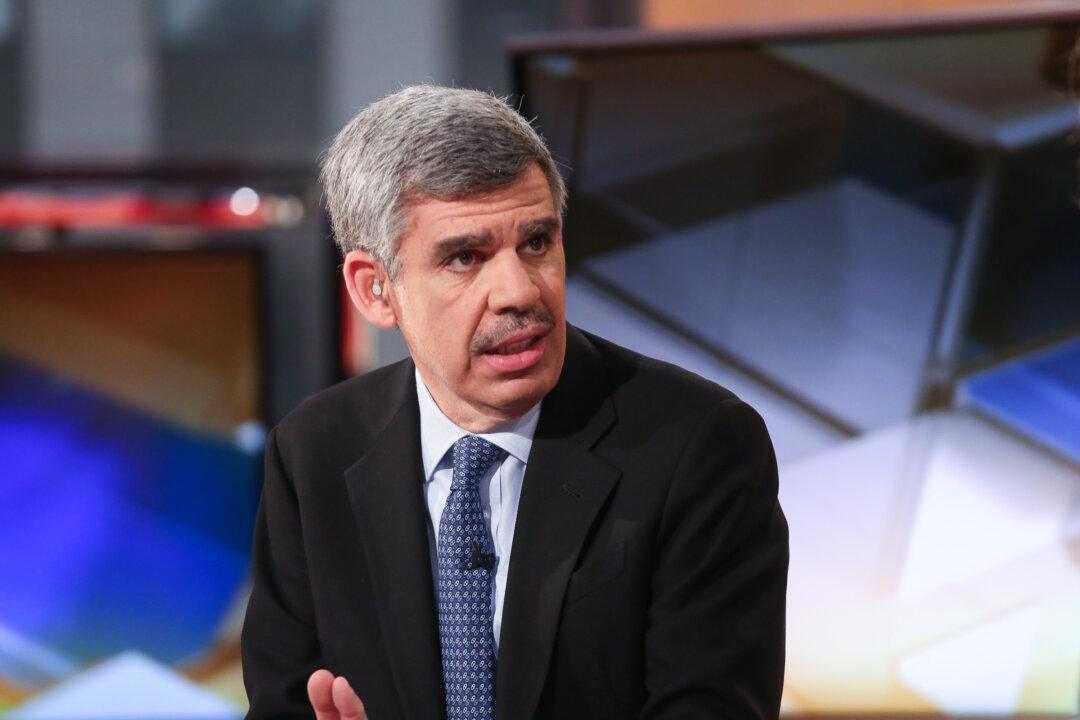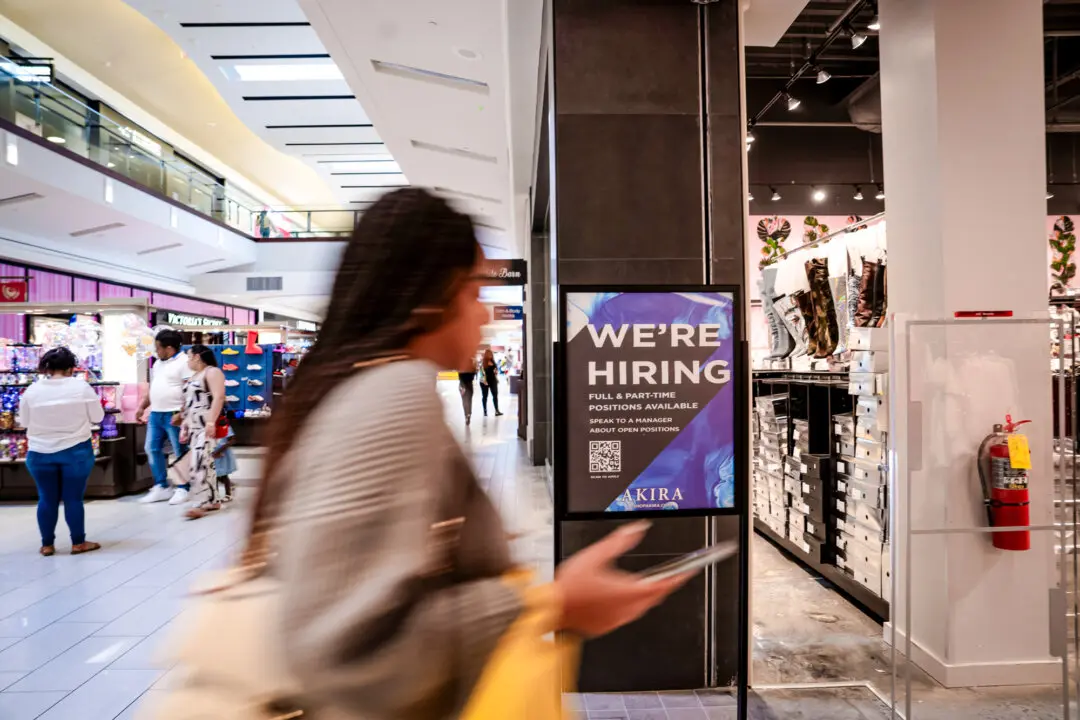The Federal Reserve’s year-long aggressive monetary tightening efforts could turn out to be one of the most significant policy errors in the last several decades, according to renowned economist Mohamed El-Erian.
El-Erian shared excerpts from the Peterson Institute for International Economics (PIIE) and the Financial Times that reinforced his view that the U.S. central bank is committing egregious policy missteps.





